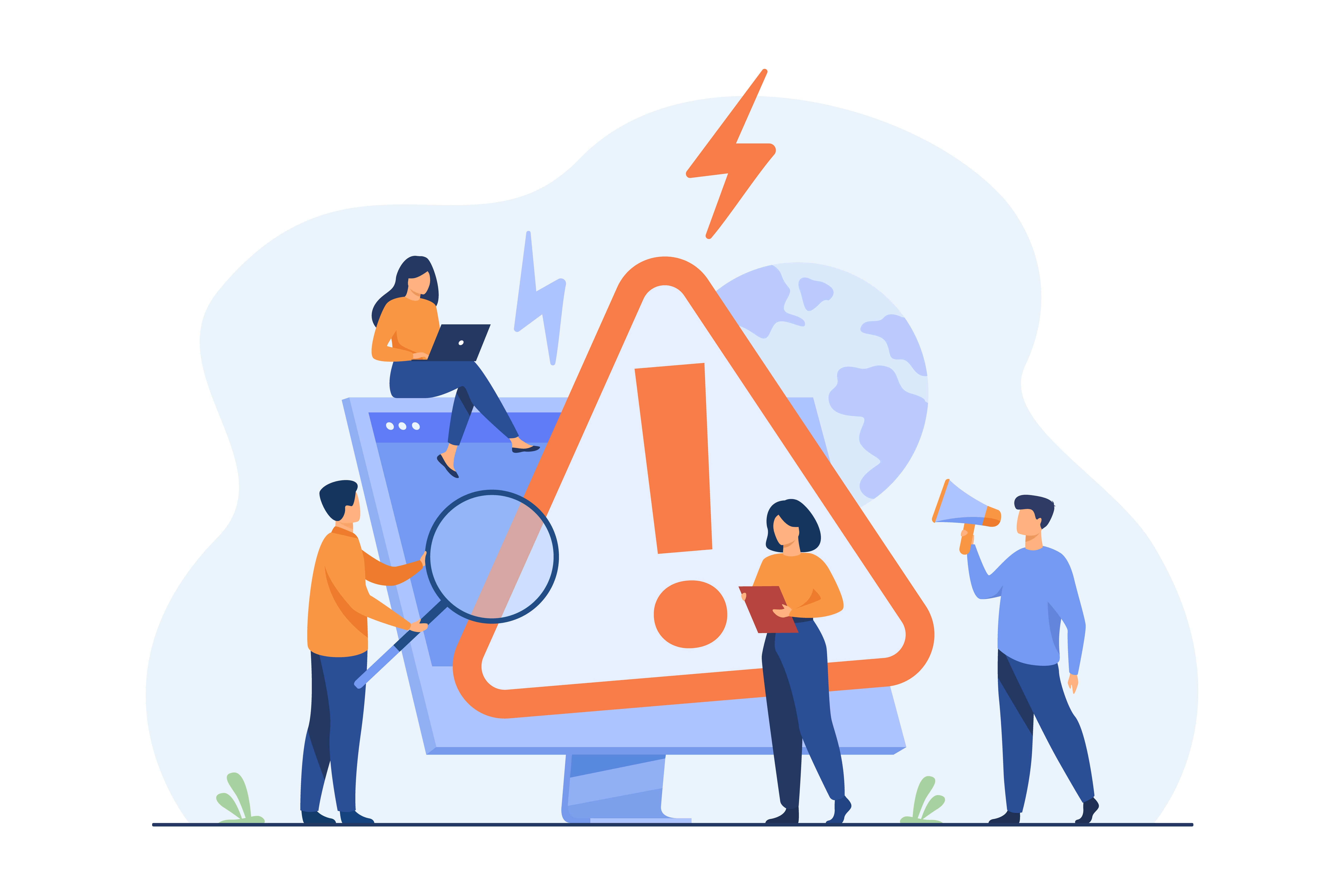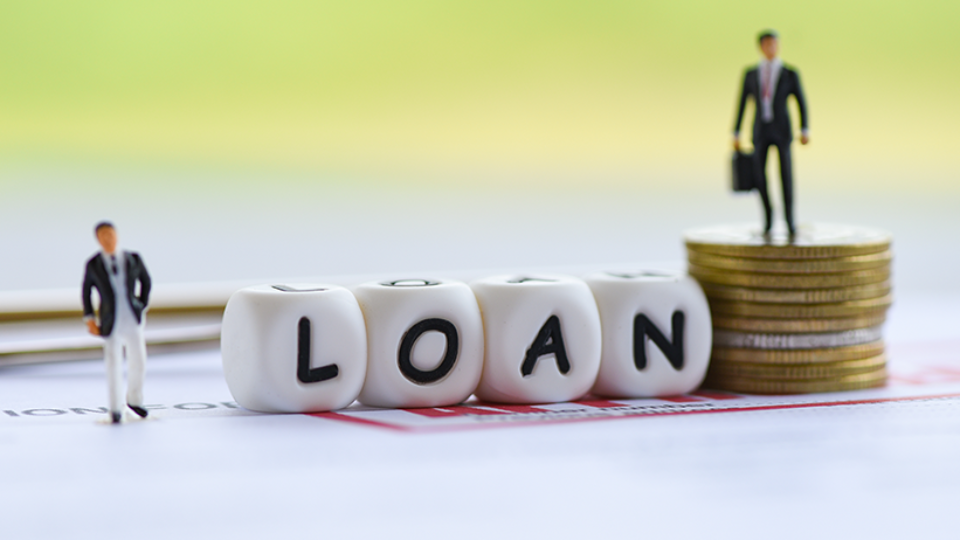It’s next to impossible to find someone who would say that they earn enough money to live the life they want, unless they are in the top 1% through savvy business skills and smart investments or they come from generational wealth. However, the reality is that most of us will never earn that kind of money in our lives; we simply need to adjust our lives according to our income until we reach an income level that matches our expectations. It is not necessary to earn millions of rupees a year to live a comfortable life - you can achieve quite a few of your more realistic aspirations if you only learn how to properly manage the money that you do have. Most of the time, even people who earn lakhs a month need to take out personal loans or approach payday loan providers like OnCredit.lk, not because they don’t earn a good salary, but because their monthly expenses are much higher than their income. The first step towards having more money to spend is to reduce your overall monthly expenses, which only requires a little planning ahead.
Here are some ways to reduce your monthly expenses, ranging from severe sacrifices to those that have a minimal impact on your lifestyle.
Reduce Your Fixed Costs
A lot of us make the mistake of trying to reduce our variable costs each month under the assumption that the largest drain on your wallet - your fixed costs - simply cannot be reduced. This is not true. If your fixed costs are eating away more than half of your income, maybe it’s time to look at how you can reduce these. Fixed costs usually consist of the most crucial expenses, such as your rent, loan repayments, utilities and other such bills.
Reducing your housing cost
If rent is the biggest cost, perhaps it’s time to consider moving to a cheaper location. While this might seem unsavoury at first, think about having more money every month to spend on other things. If you are spending a huge amount on a rented residence which you rarely spend time at, moving back in with your parents is always an option.
Reducing your bills

Lowering your electricity and water usage costs is far easier than one would think. There are thousands of energy- and water-conservation tips available that will make a big difference in the long run. e.g. LED light bulbs, reducing AC usage, using lights sparingly, switching to solar, optimising washing machine usage etc.
Reducing your food cost
Food cost is one of the biggest expenses for most modern families. There are many ways to reduce this cost. Learning to cook tasty meals and planning ahead when it comes to your meals will save you a lot of money in the long run. Not eating food from out, unless for socialising, is a quick rule of thumb to reduce food cost. Another is to buy regular purchases wholesale.
Utilise Credit Cards Wisely
.jpg)
While most people swear against the very idea of even owning a credit card in order to maintain secure finances, using a credit card wisely can actually save you a lot of money in the long run. Opt for a credit card that has great deals on places where you regularly spend money at e.g. petrol stations, supermarkets, bill payments. There are also credit cards with great cashback schemes of around 2% each month. By putting all your monthly expenses on your credit card, you can earn some of that back. However, credit cards need to be used very responsibly and must be repaid in full each month without fail.
Re-evaluate Your Subscriptions
Just one generation ago, the thought of entering your bank card details into a website that would charge you every month was considered nothing less than a crime. Now, in 2021, most of us have at least one subscription or a payment you make each month for a service. It might be for Netflix or Amazon Prime, Spotify or Apple Music, iCloud or Google Drive space, or even a subscription to a magazine or a tool you require for work, like a SaaS or mobile app. Look at how often you really use these services - when was the last time you listened to a song on Apple Music or watched something on Netflix? While the individual cost might be low, these all add up and you might easily be spending many tens of thousands of rupees annually.
While there are countless tips available to help you reduce your monthly expenses, none of them will be able to make a substantial impact unless you are able to exercise a little self control. Furthermore, no amount of reducing expenses will be able to compensate for an unlivable income (below poverty level). That being said, these types of expense-reducing tips and advice will never hurt and will always guide you towards more restrained spending habits and long-term financial health.







